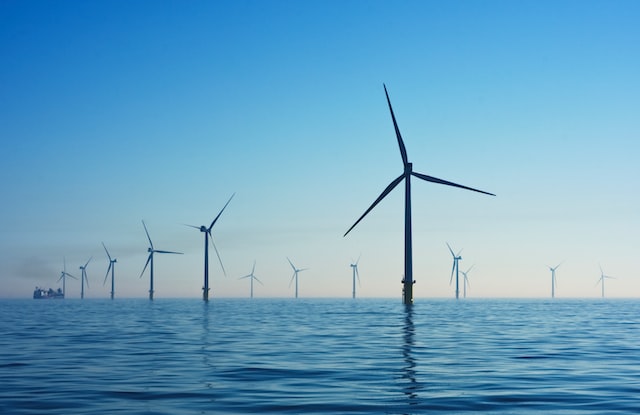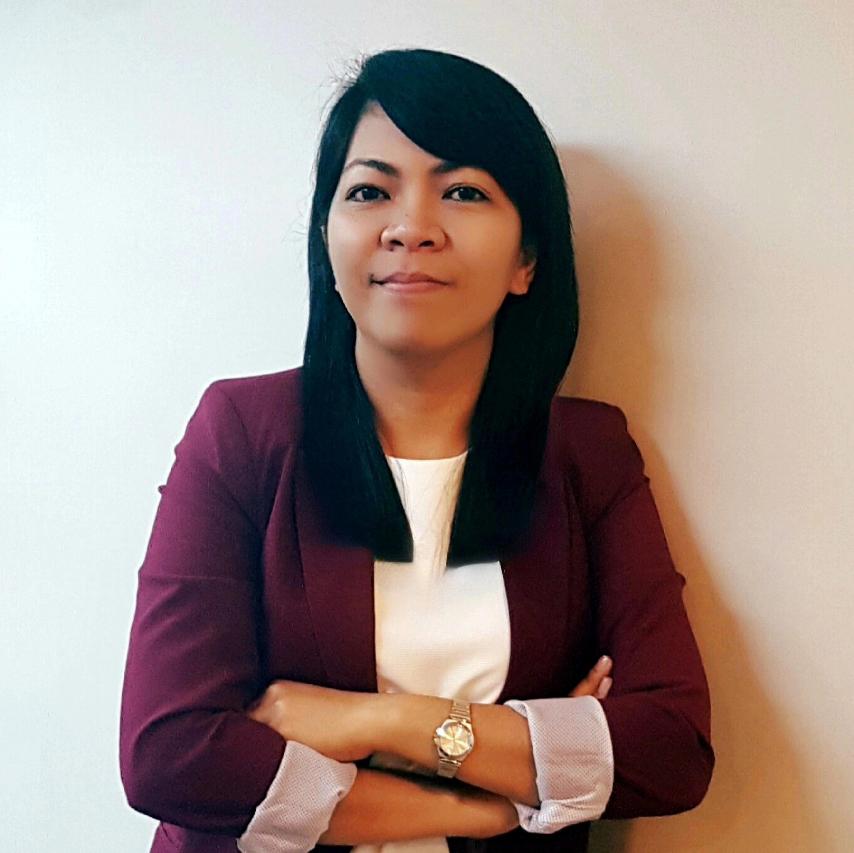“Whole-of-Government” Approach Needed to Fast-Track Offshore Wind
- July 22, 2025
- 0

By Atty. Gladys Nalda, Managing Partner of GNNLaw and Vice President for External Affairs of the Energy Law Association of the Philippines (ELAP)
At the recently held Offshore Wind Asia Conference 2025, I had the opportunity to speak before fellow legal professionals, government leaders, and energy industry stakeholders about a matter that I believe lies at the heart of realizing the Philippines’ offshore wind (OSW) ambitions: inter-agency collaboration.
The Department of Energy (DOE) has taken significant steps in laying out a policy and investment framework for OSW. However, the pace of progress on the ground is being slowed by regulatory fragmentation, procedural delays, and a lack of institutional coordination. If we want to meet the government’s target to commission the country’s first offshore wind project by 2028 — a goal I believe is ambitious but achievable — then we must adopt a whole-of-government approach.
Offshore wind is not solely an energy issue. It is a national development concern, one that touches on infrastructure, maritime law, environmental policy, logistics, and even local governance. The DOE cannot — and should not — shoulder this burden alone.
What we need is a harmonized strategy across all levels and branches of government. One that can cut through red tape, streamline permitting procedures, and send a strong message to investors that the Philippines is serious about enabling a viable and bankable OSW market. Otherwise, we risk falling short on both our energy transition targets and our economic potential.
We must also look beyond policy and examine our physical readiness. Many of the areas where the DOE has awarded service contracts lack the necessary port and logistics infrastructure to support OSW development. Encouragingly, there are ongoing conversations between agencies like the Philippine Ports Authority (PPA) and the Philippine National Oil Company (PNOC) to actively bridge this gap. PNOC, as the owner of key port facilities in Bataan and Batangas is in a unique position to catalyze the development of dedicated offshore wind ports.
But infrastructure is only one piece of the puzzle. The successful deployment of OSW projects depends heavily on the participation of sectors not traditionally involved in energy policy — particularly those in the marine and logistics industries. Their early involvement in planning discussions is not only advisable, it is essential. Aligning goals and timelines across these sectors will help prevent implementation delays and foster stronger synergies throughout the OSW value chain.
I continue to believe in the vast potential of offshore wind in the Philippines. With over 170 gigawatts of estimated technical potential, we have the resources to become a regional leader in this space. But that potential will remain untapped unless we recognize that OSW is not just an energy sector agenda. It is a shared responsibility that requires shared action.
The time to act in concert is now. The question is: are we ready to lead together?
About the Author

Atty. Gladys N. Nalda has served as lawyer in various capacities both in the government and in the private sector, with more than a decade spent in the renewable energy and power industry.
She is former Vice President for Legal & Corporate Affairs of PNOC Renewables Corporation, the renewable energy subsidiary of the state-owned Philippine National Oil Company (PNOC). Concurrent with this role, she worked alongside the Department of Energy, the parent agency of PNOC, in developing policy frameworks to promote the development of the renewable energy sector.
She is currently the Managing Partner of GNN Law, a boutique law firm specializing in supporting new industry players and foreign entrants in developing renewable energy projects in the country. She is also the Vice President for External Affairs of the Energy Lawyers Association of the Philippines (ELAP).
She earned her Business Administration degree from the University of the Philippines (UP) and her Juris Doctor from the University of Santo Tomas (UST), with additional studies in international law at the University of Strasbourg in France.
Atty. Nalda actively advocates for clean energy, the environment, and education.